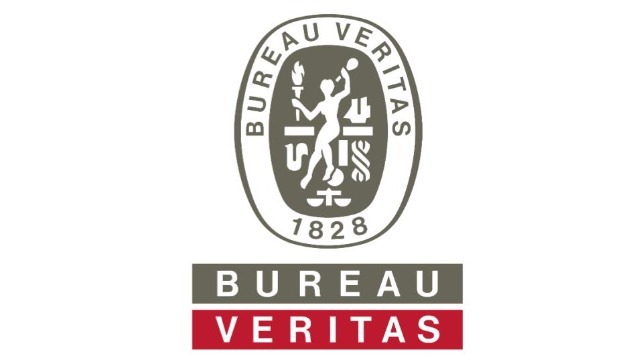New White Paper by Bureau Veritas: Reducing Ship Emissions

[By: Bureau Veritas]
The shipping industry is engaged in a considerable challenge to decarbonize operations significantly within the next decade as part of the global energy transformation that will enable us to preserve our world for future generations.
The International Maritime Organization (IMO) has set ambitious goals to reduce emissions, including a headline goal of a minimum 50% reduction in total annual GHG emissions by 2050 compared to 2008.
The white paper is designed to offer a concise overview of the latest IMO requirements regarding the reduction of GHG emissions from new and existing ships, including defined formulae and the initial consequences of their application. It provides an overview of the application of selected IMO amendments to the MARPOL convention Annex VI, which requires ships to take both a technical and operational approach to reducing their carbon intensity. While requirements for newly designed ships within the Energy Efficient Design Index (EEDI) have been in force for a while, new requirements for existing vessels (Efficiency Existing Ship Index - EEXI) are sure to impact their operations and may even shorten the expected service life due to costs incurred to reduce their GHG emissions.

that matters most
Get the latest maritime news delivered to your inbox daily.
We explore the latest IMO Rules for existing vessels, and the ratio that is currently expected to comply with the EEXI including most relevant outcome of decisions from recent Marine Environmental Protection Committee (MEPC) 76 in June 2021. We also look at differences in this compliance ratio between different ship types. Ahead of the CII Rules to be finalized, the paper also discusses the impact of new criteria for Operational Carbon Intensity.
The products and services herein described in this press release are not endorsed by The Maritime Executive.
